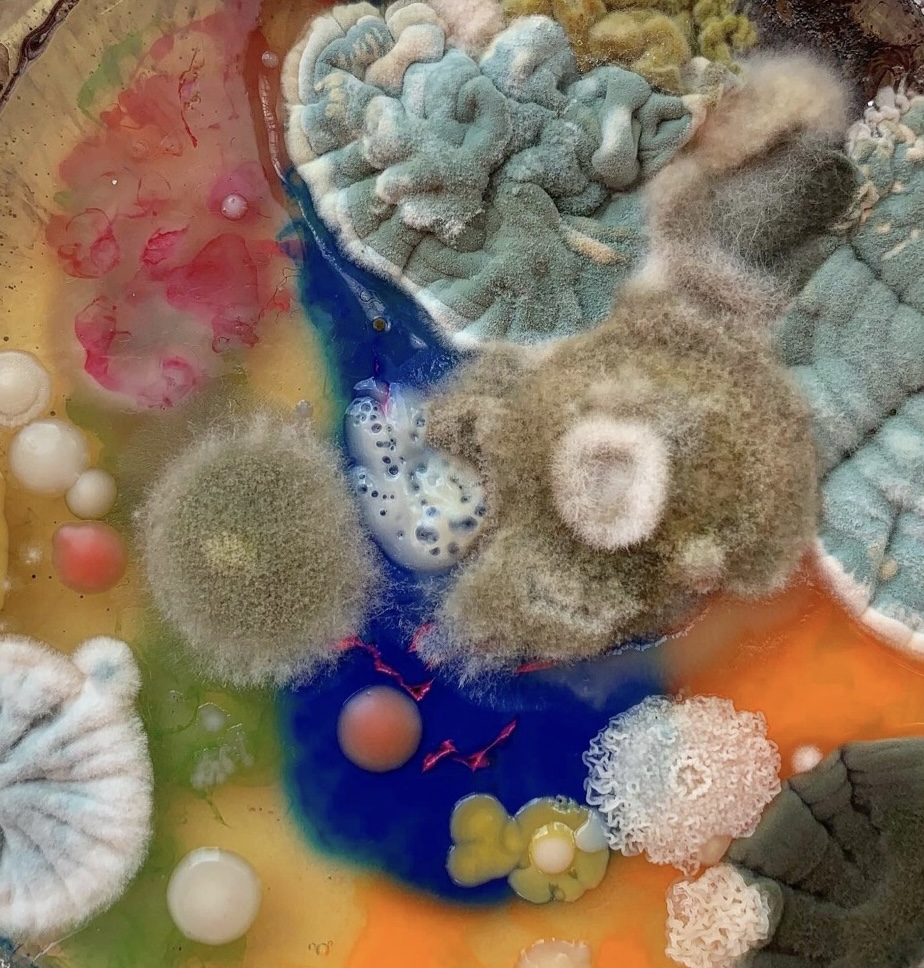performative publishing
a.pass Polyset 2023W18-20
2-19 May 2023 / a.pass
practice gathering

a.pass Polyset 2023W18-20
May 2nd-19th 2023
You are cordially invited to join the a.pass Polyset space between the 2nd and 19th of May ’23. Within the Polyset you will find other practitioners, artists and researchers, materials, tools, technical support as well as any number of individual and communal practices and experimental proposals. Polyset starts from an empty space and an empty timetable – both are gradually established during Polyset by its participants. Artists who spend time in the Polyset space set up their own working conditions. There are materials available to create a wide range of structures: from a simple table to a performative setting. The invitation to work with communal materials in a shared space opens up questions of authorship and collaboration towards a transient idea of ownership.
A Polyset is a recurring practice of coming together in a communal practice space that is hosted by an art/educational institution. While a Polyset can be initially proposed as simply as “a prolonged collective practice hangout”, its complexity arises from negotiating ways of being together which are not predetermined by a plan or a structure, institutional or otherwise. Polyset operates through dis-organising and collectively reorganising established or habitual ways of gathering and working. Its core intent is twofold: to lower the thresholds for a practice to manifest in its material form and to initiate a set of renegotiations within the relationships between space, practice, community and institution.
Polyset is an open space that welcomes and supports practitioners from outside the institution and does not assign fixed modes of participation like “audience” or “visitor”. It is not a group project, but a fluctuating arrangement of “groupings” with different aims and commonalities. Poyset operates on the principle co-habitation as dissensus, which means that all processes and agreements are necessarily partial and cannot exclude other processes in the Polyset space. Every practice is invited to find its own mode of publicness and its own balance between solitary and communal research modalities.
This text is not only an announcement, but also an invitation to come and spend time in the space and to use-design it on your own terms. If you would like join the Polyset, please keep in mind that participation in an evolving and self-structuring community takes time, therefor ideally you would have a couple of days to spend in the Polyset space. Please sign up via the green link at the bottom of the page so we can establish contact for further questions and guide you to the Polyset space on the first day that you decide to come.
Polyset in short:
Polyset is a practice of temporary research co-habitation, where the the researchers design their spaces of practice in one shared space
Polyset is a self-curated place of study that works through an open network of invitations
Polyset lasts three weeks and happens in one space. Participants agree to spend as much time as possible in the Polyset.
The Polyset space will be cleared of all furniture in the beginning of the project.
There is a communal stock of materials provided for the Polyset which are available to anyone who joins it. Materials become connected to and organised in peoples practices. To disconnect or to reorganise please be careful with the other’s processes.
We do not define what “research” and “practice” are, but Polyset is a space for research and practice.
Polyset space is an open space. Anyone working in the space can invite anyone, and they in turn can pass on the invitation.
Consensual planning is an exception while relational collaborative negotiations structure the space.
Schedule of proposals is developed on a day to day basis. It is not mandatory.
a.pass Polyset 2023W18-20 will bring together research practices, contributions and participation by:
Asli Hatipoglu, Martina Petrovic, Martin Sieweke, Nada Gambier, Gosie Vervlossem, Vijai Maia Patchineelam, Vladimir Miller, Lilia Mestre, Steven Jouwersma, Kristof Van Hoorde, Paoletta Holst, caterina daniela mora jara, Tulio Rossa, Maurice Meewissse, Kristien Van den Brande, Marko Gutić Mižimakov, Alyssa Gersony, Andrea Brandão, Carina Erdmann, Amari, Lore, Marian Rosa van Bodegraven, Mlondi Dubazane, Hans Van Wambeke, Heide Hinrichs, Tania Garduño Israde
To be expanded by the participating researchers
an updated agenda of presentations, sharings, workshops and screenings will be posted here as it develops
Sign up for this event.